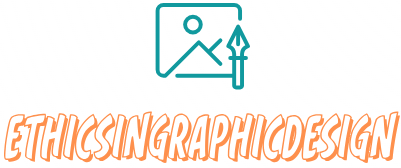The Importance of Context in Design
Context plays a vital role in design, as it provides the necessary framework and understanding to create meaningful and effective solutions. Here are several reasons highlighting the importance of context in design:
User-Centric Approach
Context allows designers to understand the needs, goals, and behaviors of the end-users. By considering the environment, culture, and demographics of the target audience, designers can create designs that resonate with them, ensuring a user-centric approach.
Problem Solving
Design is inherently about problem-solving. A deep understanding of the context helps designers identify and define the problem accurately. By considering the context, designers can gather insights and data that guide them in developing appropriate solutions that meet the specific needs of the users and their environment.
Tailored Designs
Contextual understanding allows designers to create designs that are tailored to specific situations, cultures, and contexts. An effective design should align with the user’s expectations and seamlessly integrate with their environment. By considering the context, designers can create designs that are relevant, practical, and meaningful.
Effective Communication
Context helps designers effectively communicate their ideas and concepts. Design is a form of visual communication, and without considering the context, designs may fall short in conveying the intended message. Understanding the context enables designers to use appropriate visual cues, symbols, and language that resonate with the users and effectively communicate the desired information.
Ethical Considerations
Contextual understanding helps designers make ethical decisions. Considering the cultural, social, and environmental factors can help designers avoid creating designs that may be offensive, discriminatory, or harmful. By understanding the context, designers can create inclusive and responsible designs that consider the broader impact.
Innovation and Differentiation
Context provides designers with valuable insights that can drive innovation and differentiation. By understanding the existing market landscape, user needs, and technological advancements, designers can identify opportunities for innovation. A deep understanding of the context allows designers to create unique and differentiated designs that stand out in the market.
In conclusion, context is an integral part of the design process as it provides valuable insights, influences user-centered solutions, tailors designs to specific situations, facilitates effective communication, guides ethical decision-making, and fuels innovation and differentiation. Consideration of context helps designers create designs that are relevant, engaging, and meaningful to users and their environment.



